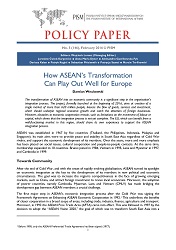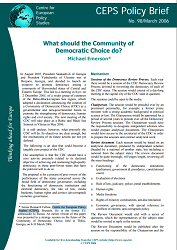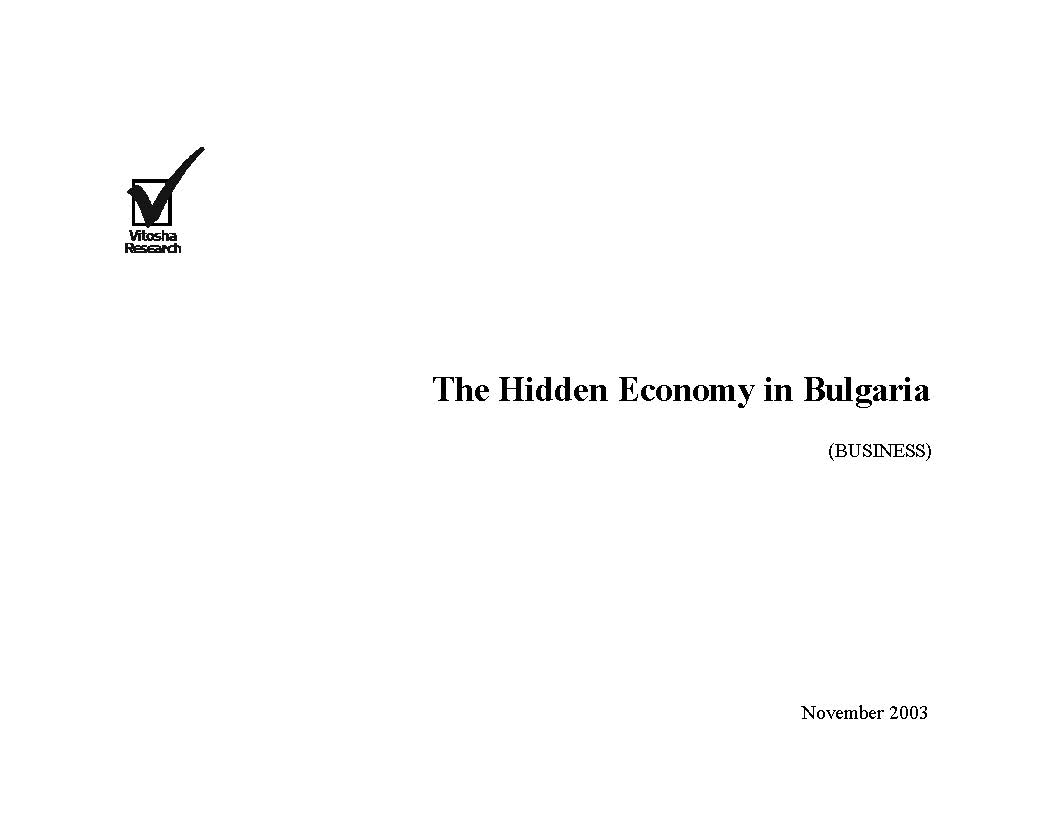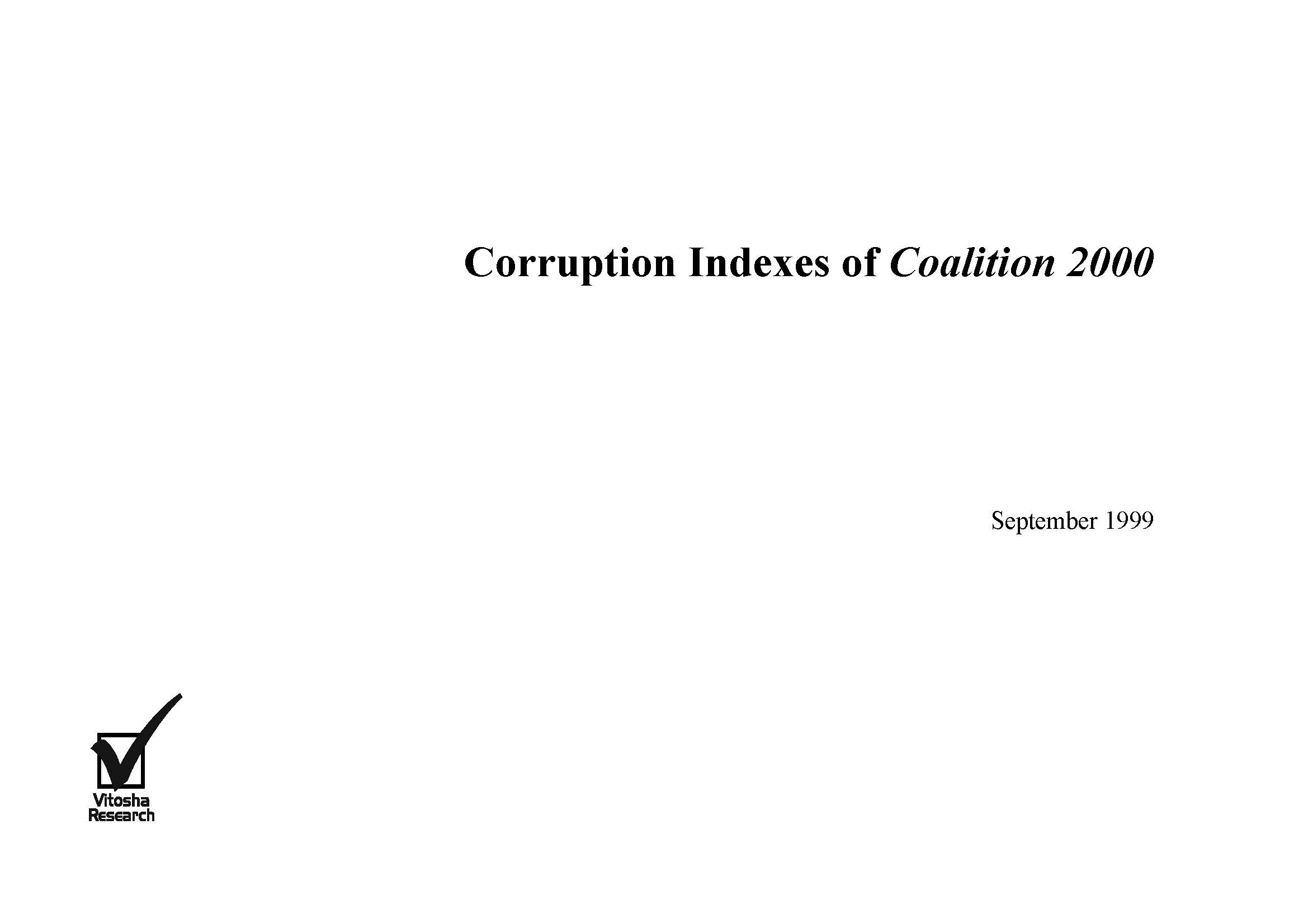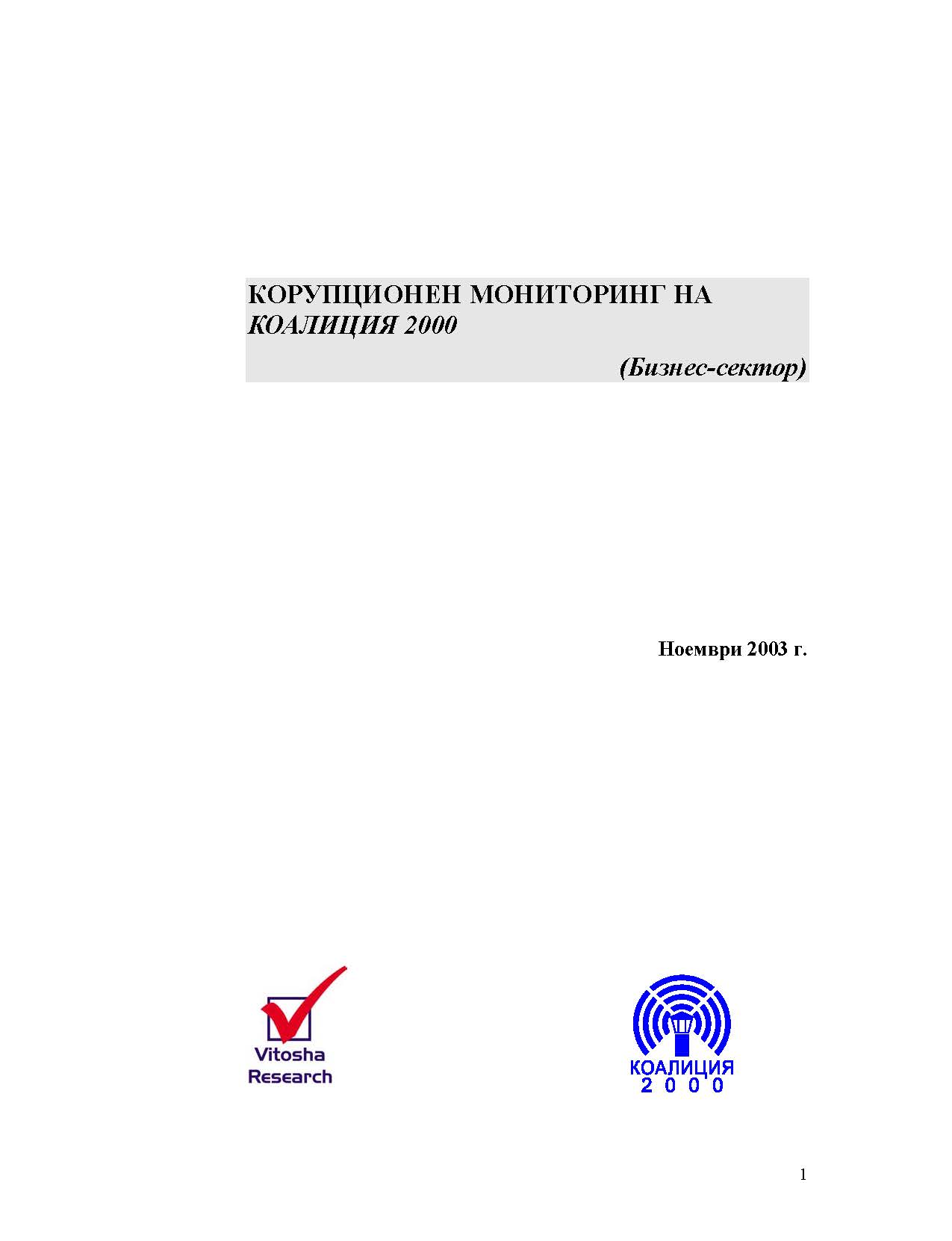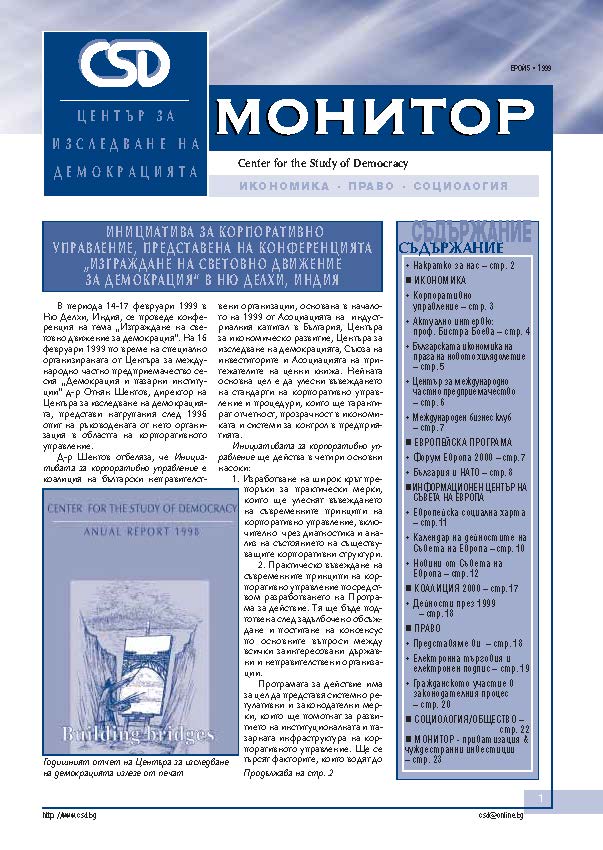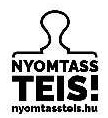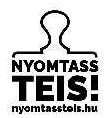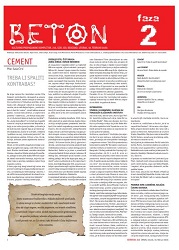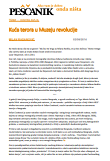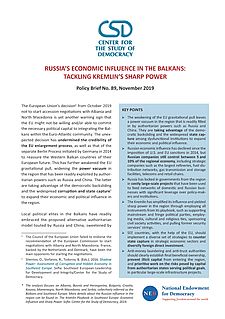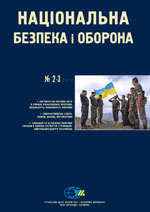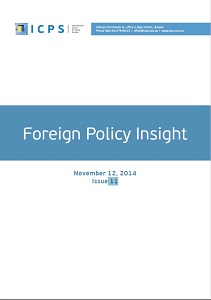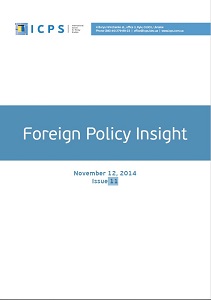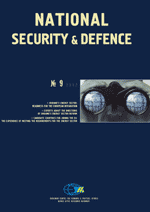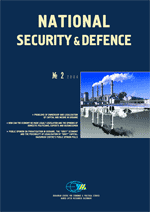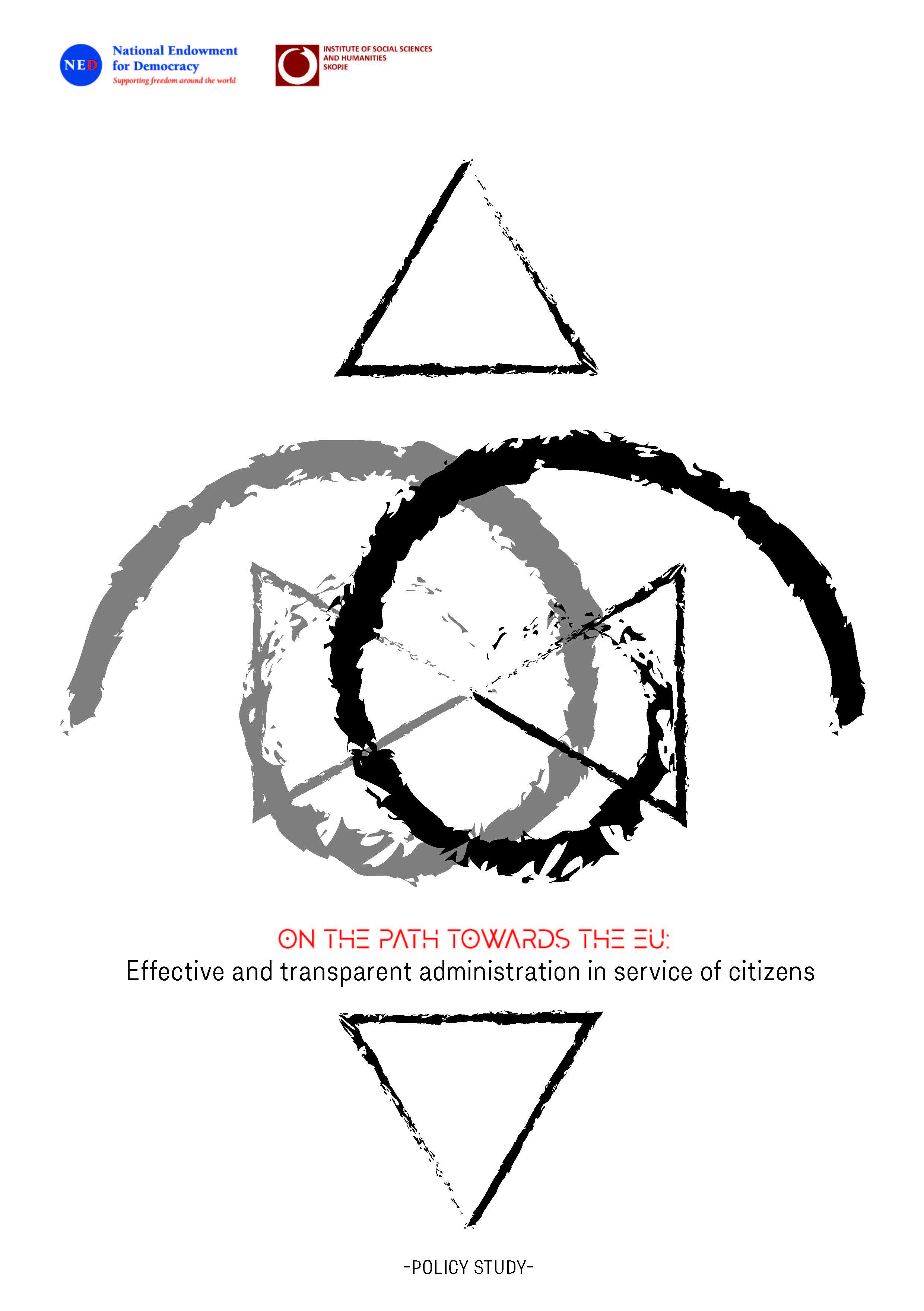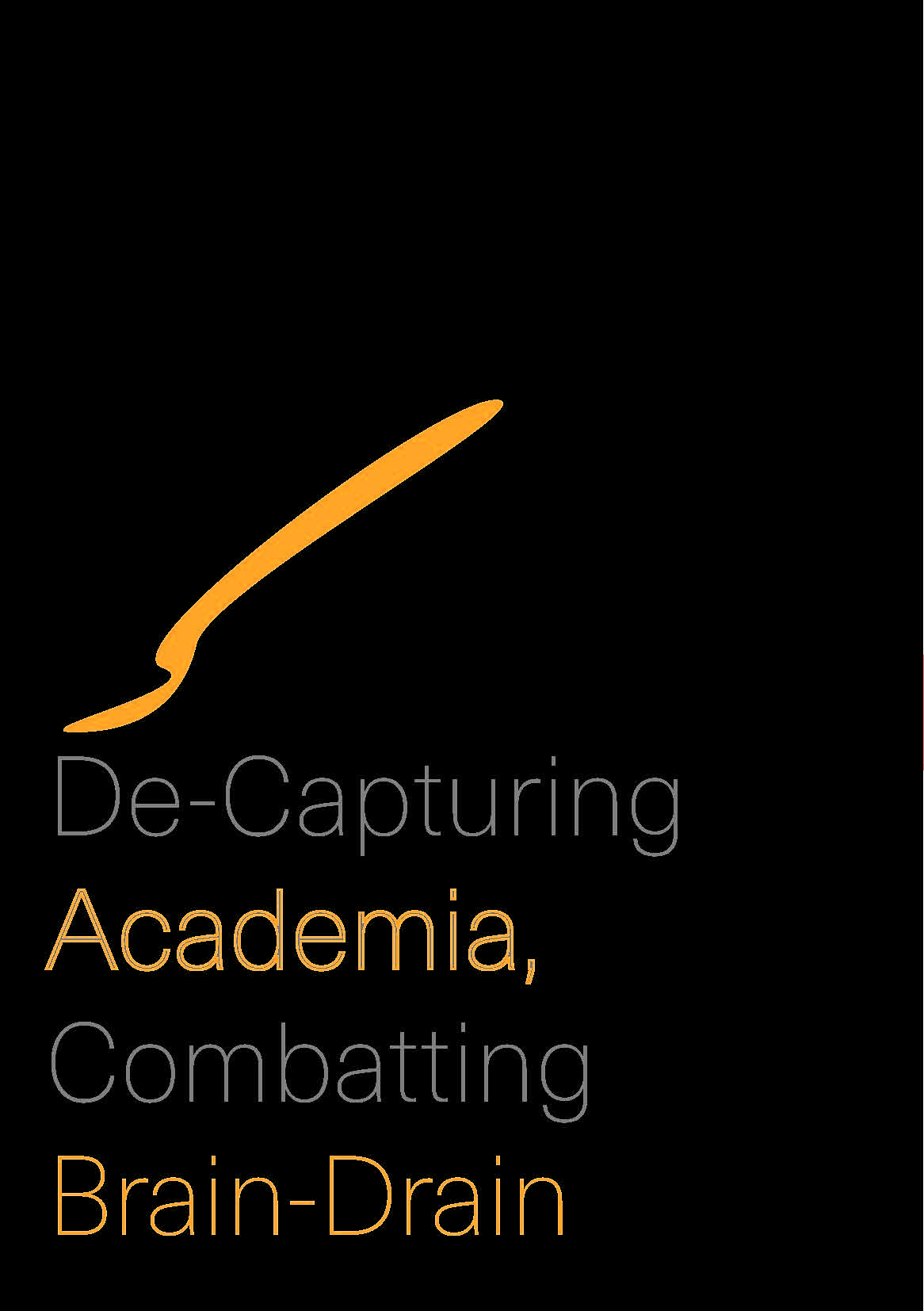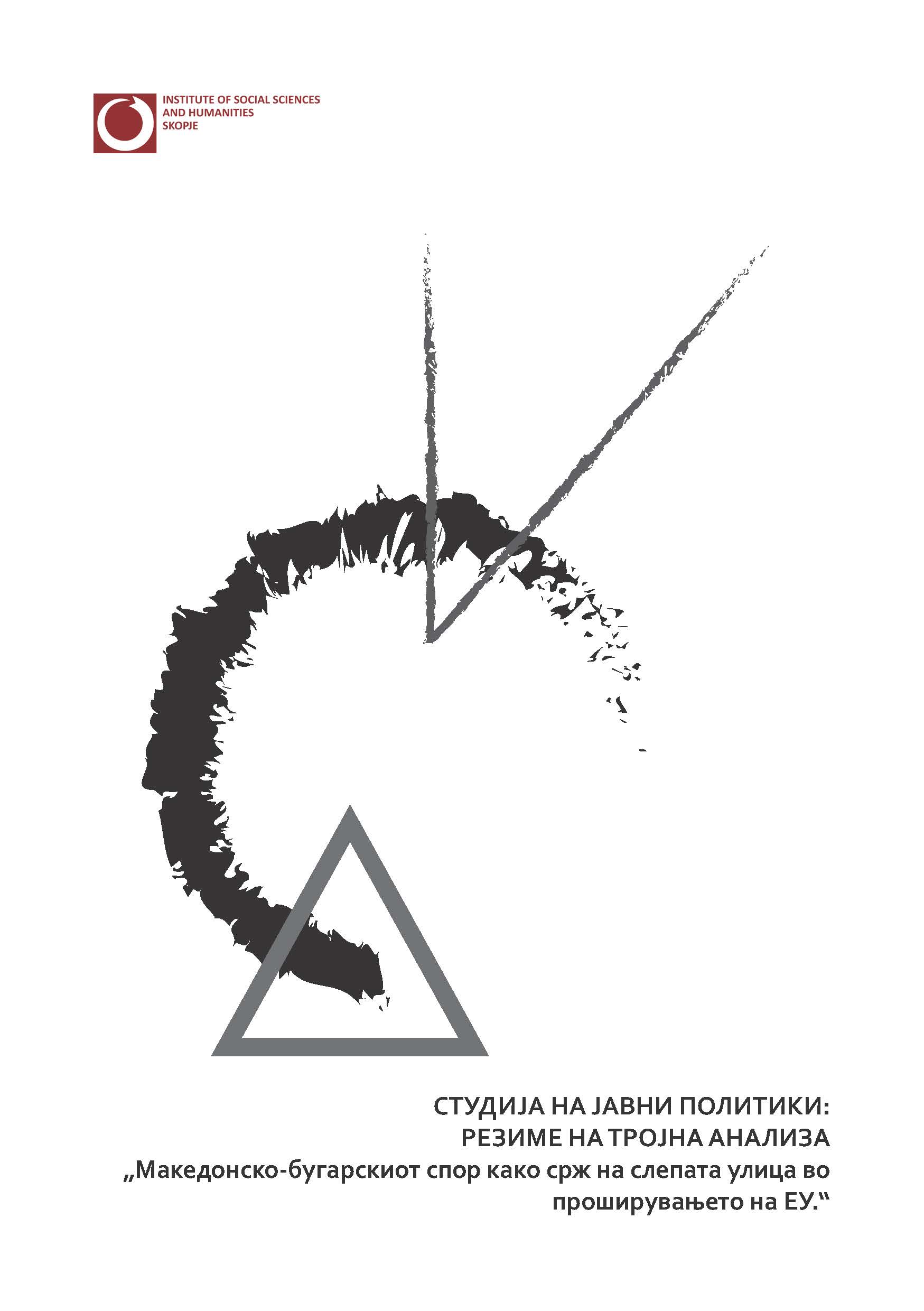Author(s): Katerina Kolozova / Language(s): Macedonian
Извршно резимеНие тврдиме дека за да се заобиколи бескрајниот циклус на обиди за решавање на историски спорови, кои, како што научивме преку примерите на земјите од Вишеград (вклучувајќи го и полско-германскиот спор), никогаш не се вистински решени како такви, мора да се транспонираат на политичко ниво и да се решат преку повеќе-тематскиот пристап на студии на политики. Останувањето во историската дискурзивна рамка го оневозможува осмислувањето на политички средства и политики кои можат да го решат проблемот. Дополнително, сметаме дека поставувањето на проблемот како „историски спор“ е погрешно бидејќи спорот го опфаќа и јазикот (македонскиот јазик), на еднакво рамниште со историјата. Така, проблемот со кој се соочуваме е многу сличен како оној помеѓу Северна Македонија и Грција и треба да се води како таков: тоа е конфликт кој се однесува на: историјата, јазикот, наследството и според тоа се сведува на културен конфликт и страв од „културно присвојување“, парафразирајќи го проф. д-р Костас Дузинас на конференцијата „Авении на соработка“ (организирана од ИОХНС на 3 и 4 декември 2021 година), и треба да се адресира како таков. Моделот на политички средства како тоа да се изведе, може да се најде во Членот 7 од Преспанскиот договор. Сепак, процесот на имплементација треба да биде споредлив со тој од Преспа и повеќето држави од Вишеградската група (вклучувајќи ги: полско-германскиот, полско-украинскиот, полско-рускиот, германско-францускиот и останати примери што биле дел од или изградени врз Вишеградските процеси на помирување): а) треба да биде отворен процес на културно помирување, б) како што советуваат нашите експерти од Вишеград, историјата не треба да биде дел од ниту еден правно обврзувачки документ, бидејќи, цитирајќи ја Марта Шпала, „историјата никогаш не се решава, но сепак може да се постигне значителен напредок во помирувањето“, на тој начин единствениот временски ограничен документ од правна природа треба да биде „рамка на помирување“ што ќе содржи историски спор и поврзани ревизии на наставните програми како дел од него, но не се сведува на него. Младинската соработка би можела да биде битен аспект на процесот на културно зближување, а поставена е и добра почетна точка, многу подобра од имплементацијата на Преспанскиот договор во неговата почетна фаза, како што нѐ информираа младинските организации кои беа дел од конференциската програма на „Авении на соработка“.Сумирано, македонско-бугарската „слепа улица“ може да се надмине со формулирање на проблемот во смисла на културен конфликт со неговите политички средства и политики за решавање, со акцент на образовните политики како интердисциплинарно поле (не само фокусирање на историјата) согласно најновите водичи на УНЕСКО, културните политики и политиките на зајакната економска соработка.Нашите препораки се подолу, но ќе ги повториме во ова исто така резиме за да се овозможи полесно следење на разработената анализа.ПрепоракиПрвата препорака е повеќеслојна и презентирана преку 4 под-препораки. Првата препорака ја гледаме како предуслов за кој било функционален Патоказ за имплементација. Двете држави треба да воспостават јасна дистинкција помеѓу културните, историските (колку што се науката или академските институции) и политичките категории на дискусија и соодветните политички решенија кога станува збор за спроведувањето на Договорот, на следниов начин:Треба да се осмислат културни политики во функција на решавање на културниот конфликт и да се понудат решенија во однос на културните и образовните политики низ различните дисциплини (литература, уметност, историја) ;Со цел да се адресираат како политичките така и академските засегнатости вгнездени во наставните програми на двете земји, какви што се проблемот на содржината но и јазикот кои потхрануваат ксенофобија, како и политичката култура на двете земји, треба да се воспостават образовни политики што ја вклучуваат мултиперспективноста како метода;Историографијата или педагогијата не треба да се очекува дека ќе испорачаат решение за конфликтот во прашање, туку современите образовни политики;Применување на образовни и политики од областа на меѓународните односи кои би можеле да ги афирмираат неспорните врски во историјата, без разлика дали таквата историја се нарекува споделена или заедничка – потврдувајќи ги како врска на континуитет помеѓу заедничкото минато, но исто така, се надеваме, и заедничката иднина;Бинационалната мултидисциплинарна комисија и креаторите на политики треба да бидат потпомогнати во ревидирањето на наставните програми од страна на образовни експерти усогласени со УНЕСКО; згора на тоа, Комисијата треба да се реформира и да сe замени со панел за образовни политики и разрешување културни конфликти наместо комисија за „историски вистини“.Бугарското собрание треба да биде свесно дека член 1 алинеја 5 од неговата Декларација од октомври 2019 година е во спротивност со реалноста што произлегува од Преспанскиот договор потпишан во 2018 година, кој не е само билатерален, туку erga omnes правен акт, направен со авторитетот на Обединетите нации. Друга причина за оваа препорака произлегува од вредноста на добрососедството – дури и ако правниот erga omnes аргумент не постоеше, именувањето на јазикот на соседот со името што му го дале е предуслов за добра волја наместо избегнувањето на неговата употреба (особено кога терминот „уставен јазик“ нема јасна референца како што е објаснето понатаму во анализата.) Затоа, и двете страни треба да го третираат овој акт како ништовен.Резолуцијата на македонското Собрание, изгласана на 29 јули 2021, треба да се поништи или да биде заменета со друга која би содржела политички формулации – наместо националистичка проза и да биде во духот на добрососедските односи како предуслов за приклучување на Европската унија, целосно ослободена од опасниот и непријателски дискурс на романтичниот национализам.Двата парламенти треба да се воздржат од изгласувања декларации, резолуции, декрети и други документи што ја определуваат „историската вистина“ со што директно се нарушува академската слобода на научните заедници во двете земји.Наместо тоа, двата парламенти и државните институции треба да се фокусираат на политиките за решавање културни конфликти, кои не се сведуваат само на културата туку се поврзани и со инфраструктурни проекти проекти кои ќе овозможат забрзана комуникација (патување) преку границите, притоа помагајќи во имплементацијата на другите аспекти од договорот како што е подобрена економска соработка.Треба да се стави силен акцент на младинската соработка како најефикасната и најефективната форма на културно помирување.
More...
